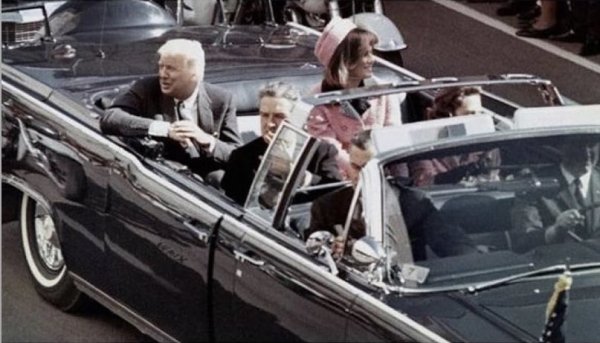NEW YORK REVIEW OF BOOKS: A central feature of Trump’s practice of malign minimalism is the erasure of American history. It is not just that his own ignorance (exposed, for example, in his suggestion in February 2017 that Frederick Douglass was still alive) seems almost total. It is that Trump is obsessed with a pseudo-history in which the past exists only as prelude to his own greatness and to the unique evil of his enemies. In the days after George Floyd’s death, Trump tweeted repeatedly about history: “The Greatest Political Crime In the History of the U.S., the Russian Witch-Hunt”; “the greatest political, criminal, and subversive scandal in USA history”; “Our Country has just suffered through the greatest political crime in its history.” He twice tweeted versions of a quote from Fox News host Lou Dobbs describing Trump himself as “arguably the greatest president in our history” and “Absolutely 100% the greatest President in history.” And he claimed that “My Admin has done more for the Black Community than any President since Abraham Lincoln.”
In this demented solipsism, the entire American past is shrink-fitted so that it hugs Trump’s own ample figure, cleaving both to his greatness and to his victimhood as an object of unparalleled persecution. The immediate backdrop for this obliteration of history is the catastrophic failure of Trump’s administration to control the spread of the coronavirus. A word Trump has repeatedly used to characterize both the crisis itself and his allegedly brilliant response to it is “unprecedented.” (He used it twice, for example, in his address to the nation on the pandemic on March 11.) The virus must exist in a temporal vacuum. Nothing like this has ever happened before, so how can Trump be blamed for not being prepared? There is no history of pandemics.
In the world of Trump and the Republican Party, history itself is in lockdown, securely contained and distanced from any threat of infection by reality. Yet the terrible power of the video of George Floyd’s killing lies not just in its almost unbearable brutality. It is in its double sense of temporality. It is measured out in minutes and seconds and in cries: the eight minutes and forty-six seconds that Derek Chauvin has his knee on Floyd’s neck, the sixteen times that Floyd says, “I can’t breathe.” But it is also measured out in centuries. It is the opposite of “unprecedented.” It exists in that excessive history that is produced over and over without ever being fully consumed, the violence against black people that changes its methods but not its intimate, bodily reality. It is just one more strange fruit on the hanging tree whose roots lie deep in the soil of slavery. As Mary Tyrone puts it in Eugene O’Neill’s Long Day’s Journey into Night, “The past is the present, isn’t it? It’s the future, too. We all try to lie out of that but life won’t let us.” MORE

